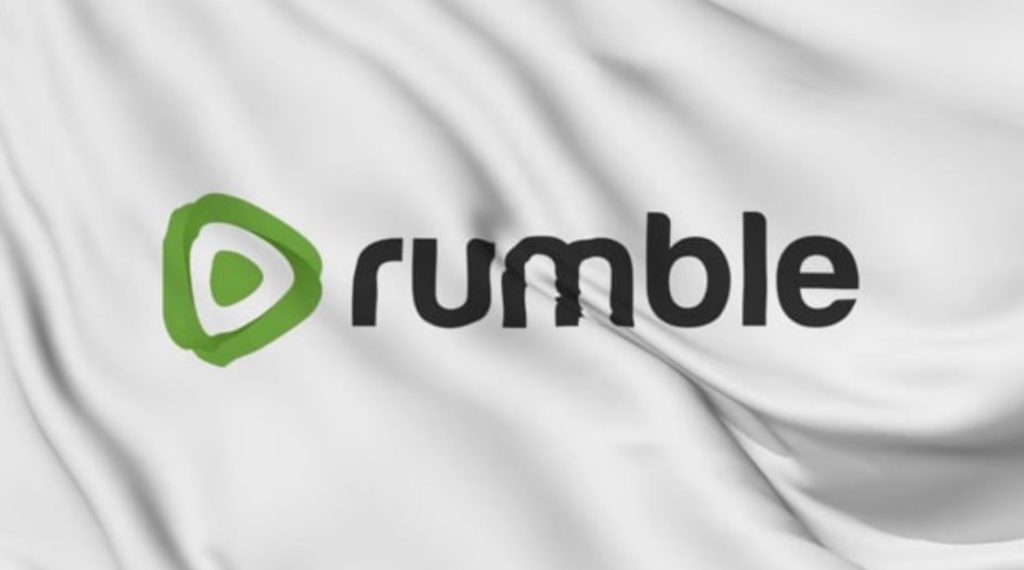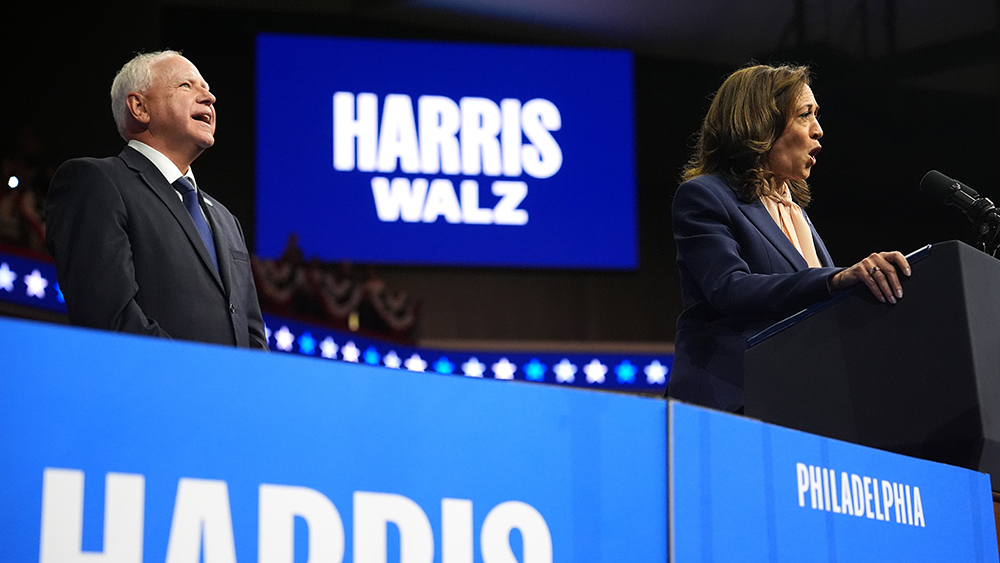GARM ‘Advertising Cartel’ Shuts Down 48 Hours After X, Rumble File Lawsuit
 By Tyler Durden
By Tyler Durden
48 hours after X and Rumble filed a lawsuit against the Global Alliance for Responsible Media (GARM) ‘advertising cartel’ and several members, the World Federation of Advertisers announced it will shutter GARM, saying in a statement reported by Business Insider that they’re “a not-for-profit organization with limited resources.”
That obviously strains credulity considering they do the bidding of companies representing hundreds of billions in market cap, including CVS Health, Mars, Orsted and Unilever.
GARM, the advertising industry's censorship cartel, is shutting down.
Two days after @X and @rumblevideo filed a lawsuit against it.
Eight days after @FFO_Freedom exposed its members' billions of dollars in government contracts.
One month after @Jim_Jordan and the Judiciary… https://t.co/dgnPaxEjpc
— Allum Bokhari (@AllumBokhari) August 8, 2024
In an email to members, Stephan Loerke, the CEO of the WFA, said that the decision was “not made lightly.” Loerke also said that they intend to contest the allegations in X’s lawsuit – and were confident that the outcome would “demonstrate our full adherence to competition rules in all our activities.”
The lawsuit alleges that GARM’s members illegally conspired to “collectively withhold billions of dollars in advertising revenue” from Twitter, now known as X. The lawsuit also names Unilever, Mars, CVS, and Ørsted.
In response to the announcement, X CEO Linda Yaccarino said the platform that “No small group should be able to monopolize what gets monetized. This is an important acknowledgement and a necessary step in the right direction. I am hopeful that it means ecosystem-wide reform is coming.”
No small group should be able to monopolize what gets monetized. This is an important acknowledgement and a necessary step in the right direction. I am hopeful that it means ecosystem-wide reform is coming. https://t.co/BlHqHqZEyp
— Linda Yaccarino (@lindayaX) August 8, 2024
GARM was founded in 2019 by WFA, a global association representing over 150 of the world’s biggest brands and over 60 national advertiser associations which created GARM in 2019. Its members include heavyweights such as Unilever, Mars, Diageo, Procter & Gamble (P&G), GroupM, AB InBev, L’Oréal, Nestlé, IBM, Mastercard, and PepsiCo. These corporations not only wield immense economic influence but are accused of leveraging this power to control online discourse under the guise of “brand safety.”
Reading @elonmusk’s lawsuit against GARM et al.
Incredible.@Unilever wanted to censor the Hunter Biden laptop story. Under the false pretense of “brand safety standards”. Using the advertising spend monopoly of HARM to coerce social media companies to censor content.
This is… pic.twitter.com/enMfM9eKHm
— Viva Frei (@thevivafrei) August 7, 2024
This alliance quickly amassed significant market power, representing roughly 90% of global advertising spend, which amounts to nearly one trillion dollars annually.
Following Elon Musk’s takeover of Twitter, advertising plummeted. The lawsuit alleges that after Musk acquired the company, GARM persuaded top brands to yank advertising.
“This is a big win for the First Amendment and a big win for Chairman Jordan’s oversight work,” said Russell Dye, a spokesperson for the House Oversight Committee.
Shortly after lawsuit was filed, video-sharing platform Rumble joined the lawsuit.
The conspiracy centers around an initiative called the Global Alliance for Responsible Media (GARM), created by the WFA, that established arbitrary standards for the content on digital platforms where its members may want to advertise. GARM used those one-size-fits-all standards to perpetrate an advertiser boycott against Rumble and other platforms. The suit also notes that GARM has vast reach since it counts the six largest ad agency holding companies among its members, including defendant WPP.
BREAKING: Rumble CEO explains how groups like GARM & World Federation of Advertisers created a monopoly over all the major ad budgets.
Rumble has joined



